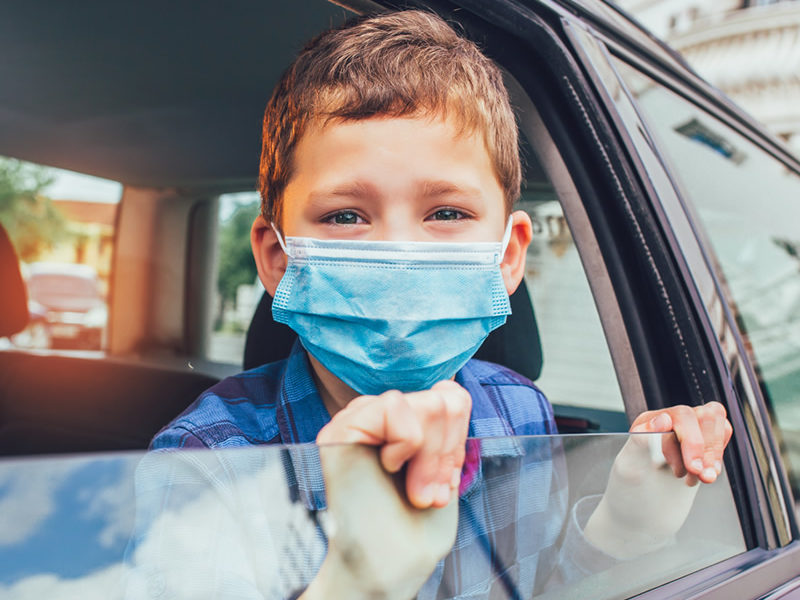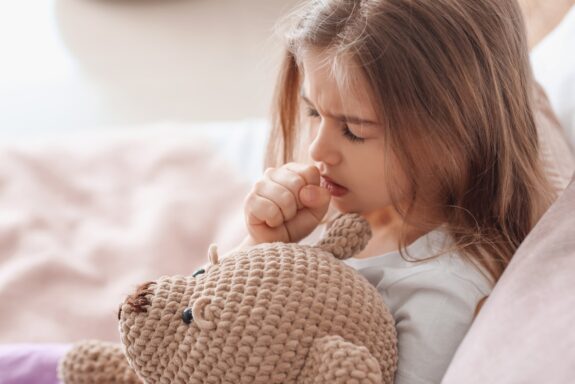
I might have been exposed to COVID-19, should I get tested?
You don’t have to get tested if you don’t have symptoms. If you do get tested, then wait at least 8 days from when you were exposed (longer is better). It takes time for the SARS CoV-2 virus that causes COVID-19 to become detectable, even with the sensitive tests being used. For example, getting a test the day after an exposure gives you a 100% chance of a negative test even if you later develop infection. If you were within 6 feet of someone with COVID-19 for 15 minutes or more, then you should quarantine for 14 days from when you were exposed and stay separated from other people in your household. If you develop symptoms, then get tested—especially if you have obesity, high blood pressure, diabetes, chronic lung disease or other chronic conditions.
Do not go to the emergency department unless you have a medical emergency, such as difficulty breathing.
I was exposed and tested negative, now what?
If you were within 6 feet of someone with COVID-19 for 15 minutes or more, then still stay in quarantine the full 14 days — even if your test is negative — because it can take that long for symptoms to show up.
I was exposed and tested positive, now what?
Stay separated (in “isolation”) from other people in your household for at least 10 days
Do not go to the emergency department unless you have a medical emergency, such as difficulty breathing.
I tested positive, when can I go back to work?
If you were tested because of symptoms, you can return to work after it has been 10 days since your symptoms started, your symptoms are better, and you haven’t had a fever for 72 hours even without taking fever reducing medicines. Most people don’t need a negative test to be cleared for work.



